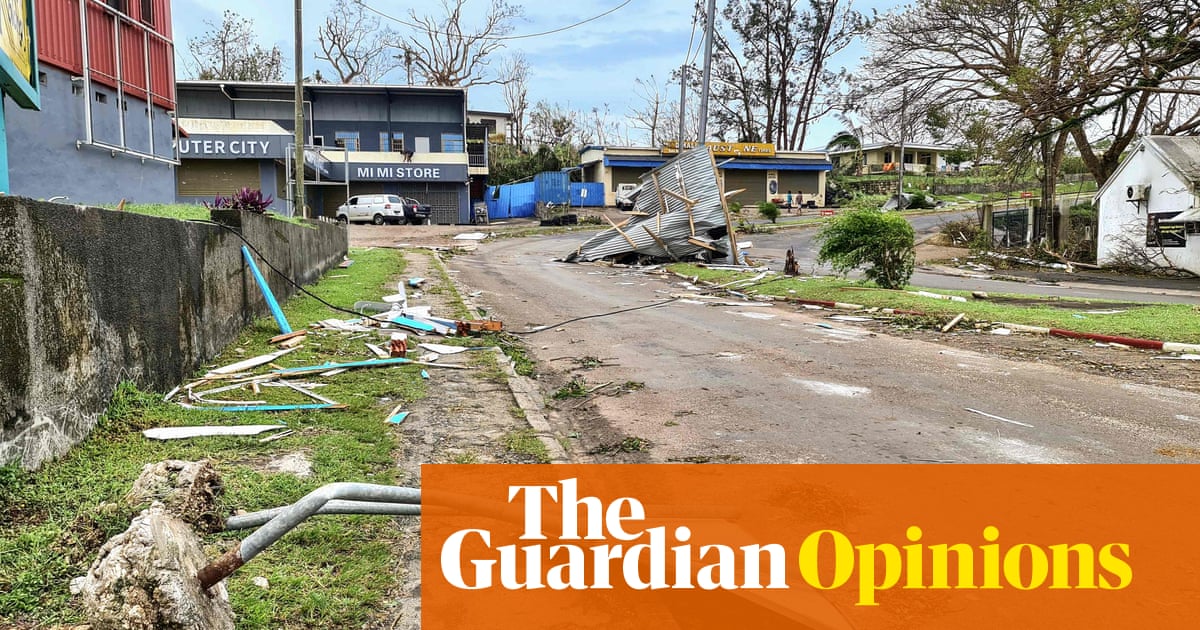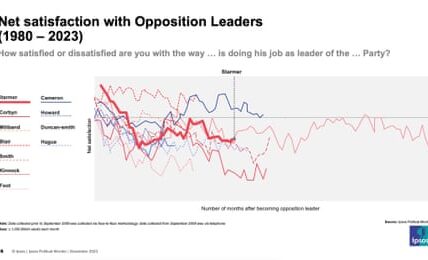We, as Pacific islanders, are taking the lead in combatting the global reliance on fossil fuels. – Ralph Regenvanu and Seve Paeniu

T
The pattern is repeating. A powerful tropical cyclone hits a nation in the Pacific, causing devastating damage and loss of life and livelihood. Recently in Vanuatu, two category 4 cyclones occurred within 48 hours. The impacted individuals wake up with no place to turn and lacking essential resources for survival. The media shares alarming images of destroyed infrastructure and homes, leading to an influx of well wishes, prayers, and admiration for our bravery and perseverance. We then begin the process of rebuilding our communities.
The countries located in the Pacific Islands are at high risk of being affected by climate change, with Vanuatu being identified as the most susceptible country in the world in a recent study. Despite emitting small levels of greenhouse gases, these countries are disproportionately affected by extreme events, mainly caused by the carbon emissions of larger polluting nations. This is exacerbated by the global failure to reduce reliance on fossil fuels.
The evidence is conclusive: fossil fuels are the primary contributors to the climate emergency and must be gradually eliminated, as reaffirmed by the latest findings of the Intergovernmental Panel on Climate Change (IPCC). The International Energy Agency (IEA) has demonstrated that halting the growth of all fossil fuel production is a crucial initial measure in order to contain global warming to 1.5C.
The climate emergency is fueled by the avarice of a manipulative industry and those who support it. It is unacceptable that nations and corporations are still intending to extract more than twice the amount of fossil fuels that the planet can handle by 2030, if we hope to keep global warming within 1.5 degrees Celsius. This limit was heavily advocated for by Pacific nations in the Paris accord. As the United Nations secretary-general António Guterres has consistently stated, fossil fuels lead to a dead end. Governments must urgently work towards a fair and swift elimination of fossil fuels.
Countries cannot continue to justify new fossil fuel projects on the grounds of development, or the energy crisis. It is our reliance on fossil fuels that has left our energy infrastructure vulnerable to conflict and devastating climate impacts, left billions of people without energy access, and left investment in more flexible and resilient clean energy systems lagging behind what is needed.
Shifting away from non-renewable energy sources and towards sustainable alternatives is essential in addressing the effects of climate change and promoting a lasting future for Pacific island nations and the global community. This necessitates a united effort from governments, corporations, and individuals worldwide to adopt renewable energy systems that prioritize the well-being of communities and avoid perpetuating the negative impacts of fossil fuels. It is also important to support those who may be disproportionately affected by this transition.
Moving towards renewable energy and addressing the issue of climate change is a matter of human rights and justice. As a result, our nations will soon be petitioning the UN general assembly to seek a recommendation from the international court of justice regarding the responsibilities of countries under international law to safeguard the environment and the climate. We urge all nations to join us in this effort.
We are aware that Pacific nations still heavily rely on fossil fuels for everyday activities and our economy. As a result, we are devising our own strategy for a fair transition. Recently, Pacific ministers and international partners convened in cyclone-devastated Vanuatu to plan our collective path forward. We have committed ourselves to tirelessly working towards a Pacific free of fossil fuels, understanding that phasing them out is not only crucial for avoiding the worst effects of climate change, but also presents an opportunity for promoting economic growth and innovation that we must seize. By investing in renewable energy sources, we can establish sturdy, sustainable economies that benefit both our citizens and the environment. The momentum for this shift is already gaining traction.
At the 27th Conference of Parties in Egypt, over 80 nations backed the discontinuation of all fossil fuels. It is imperative that we promote this new goal globally. Pacific countries will remain at the forefront of global endeavors to attain a fair and complete end to the world’s reliance on fossil fuels. We will amplify our unified message at Cop28 and through influential initiatives like the Beyond Oil and Gas Alliance and the Fossil Fuel Non-Proliferation Treaty.
We are aware of the steps necessary to maintain a 1.5 degrees Celsius limit, and understand the limited and diminishing time frame we have to accomplish it. We are fulfilling our responsibilities and encourage others to do the same.
-
Ralph Regenvanu serves as the minister responsible for climate change, adaptation, meteorology, geohazards, energy, environment, and disaster risk management in Vanuatu.
-
Seve Paeniu serves as the finance minister for Tuvalu.
-
Do you have thoughts about the topics discussed in this article? If you would like to share a written response of no more than 300 words via email for a chance to have it published in our letters section, please click here.
Source: theguardian.com

